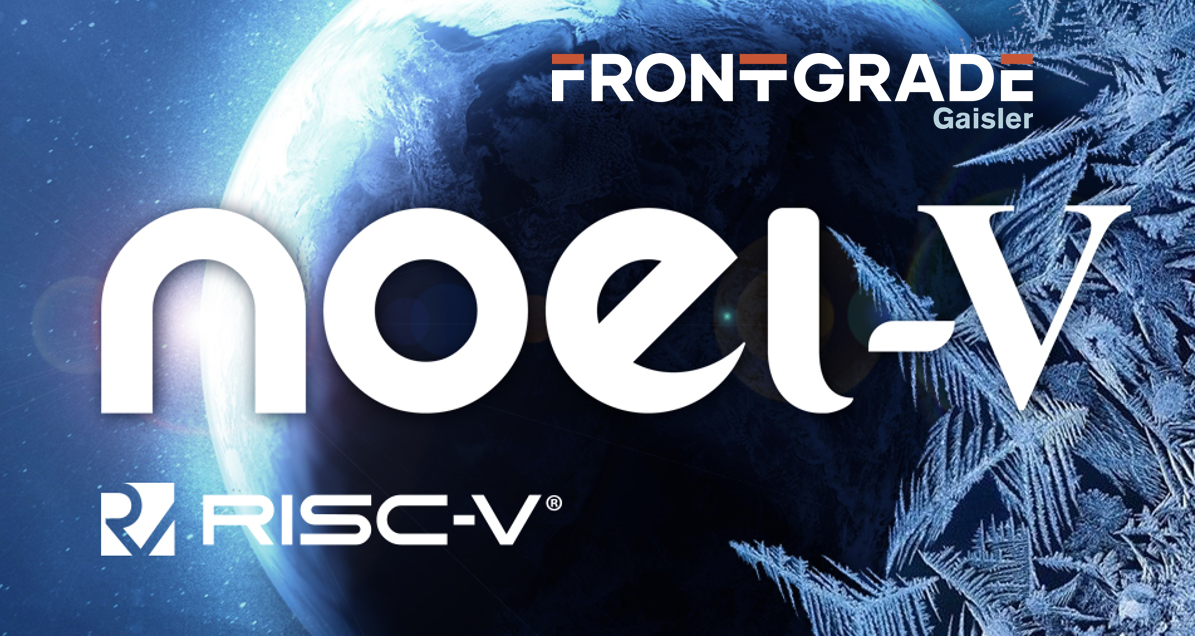
Space applications pose significant challenges for electronic systems as they must contend with a myriad of environmental factors once they are launched. These factors include extreme temperatures, radiation, shock, and vibration — all of which electronic systems must withstand to meet rigorous reliability standards. To tackle these challenges, advanced processors specifically designed for space applications have become crucial. In this blog post, we will explore the NOEL-V processor, a cutting-edge RISC-V core that is tailored for space missions.
The Space Environment
Space is a harsh environment, presenting tremendous challenges for space engineers. The launch itself is extreme, subjecting the spacecraft to strong vibrations and shock. Once in orbit, temperatures can range from extreme cold to scorching heat. Moreover, the presence of radiation in space poses another threat to electronic devices, potentially causing performance degradation or complete failure, which can have catastrophic impacts on the mission.
One specific concern in the space environment is the occurrence of single event upsets (SEUs). SEUs are errors caused by the impact of high-energy particles, such as cosmic rays or the solar wind, coming into contact with sensitive electronic components. When these particles collide with the silicon substrate of a semiconductor device, they can deposit charge and disrupt the normal operation of the circuitry. This disruption can manifest as changes in the state of memory elements, resulting in altered data or erroneous behavior.
Over the past several years, space-grade processors have primarily relied on implementations of the SPARC and PowerPC instruction set architectures. However, a notable contender has emerged: RISC-V. The RISC-V open Instruction Set Architecture (ISA) is akin to SPARC and offers distinct advantages that position it as the preferred choice to replace SPARC in space applications.
The rapidly expanding developer community and the scalability of RISC-V contribute to its growing appeal. Considering the broad application space combined with RISC-V’s inherent flexibility and configurability, this ISA aligns exceptionally well with the evolving needs of the space industry.
Introducing NOEL-V
NOEL-V represents a breakthrough in space-grade processor technology. It is an advanced RISC-V core that has been engineered to deliver high performance and reliability in the demanding space environment.
Designed by Frontgrade Gaisler, a company specializing in fault-tolerant and radiation-hardened electronics for space applications, the NOEL-V processor stands out for its high configurability, offering a wide range of options to suit different application requirements. Its most advanced configuration includes the RISC-V Hypervisor extension, which facilitates the creation of virtual machines that are capable of running complex operating systems without modification.
This marks a significant departure from paravirtualization solutions commonly used in many space computers. By leveraging this capability in conjunction with hypervisor software, the Frontgrade’s NOEL-V processor enables different applications with varying criticality levels to coexist on the same hardware platform.
The NOEL-V processor’s cache memories are designed to withstand radiation-induced SEUs through a custom error correction scheme. This innovative scheme is able to to correct single bit errors, detect double bit errors, and even identify 3-bit and 4-bit adjacent bit errors. The error correction process takes place seamlessly within the cache controller, eliminating the need for software intervention or additional memory accesses.
The caches are also equipped with a hardware scrubber that can be activated to prevent the accumulation of errors over time. These capabilities, together with handling uncorrectable errors to quickly react and preventing a corrupted state from propagating outside the integrated circuit, are vital for space applications where the integrity of data and the continuous operation of electronic systems are of utmost importance.
Frontgrade’s NOEL-V processor is available both as a standalone IP core and as part of the GRLIB IP library that includes over 100 peripheral units. Frontgrade uses the processor and IP library to develop application-specific standard products in the form of space grade processors. The same building blocks are also available to Frontgrade customers to design their own adapted solutions, both as ASICs and as FPGA implementations.
Introducing Frontgrade Gaisler
Frontgrade Gaisler is a renowned company within Frontgrade Technologies, which is at the forefront of space-grade electronics development. With a rich heritage in designing and manufacturing fault-tolerant, radiation-hardened processors and systems, Frontgrade Gaisler has established itself as a trusted partner in the global space industry. Leveraging proven expertise and innovation, the company developed the NOEL-V processor as part of Frontgrade’s mission to empower customers to continue pushing the boundaries of space technology. Frontgrade Gaisler’s cutting-edge solutions have powered numerous successful space missions and earned the company a reputation for excellence, innovation, and reliability.


